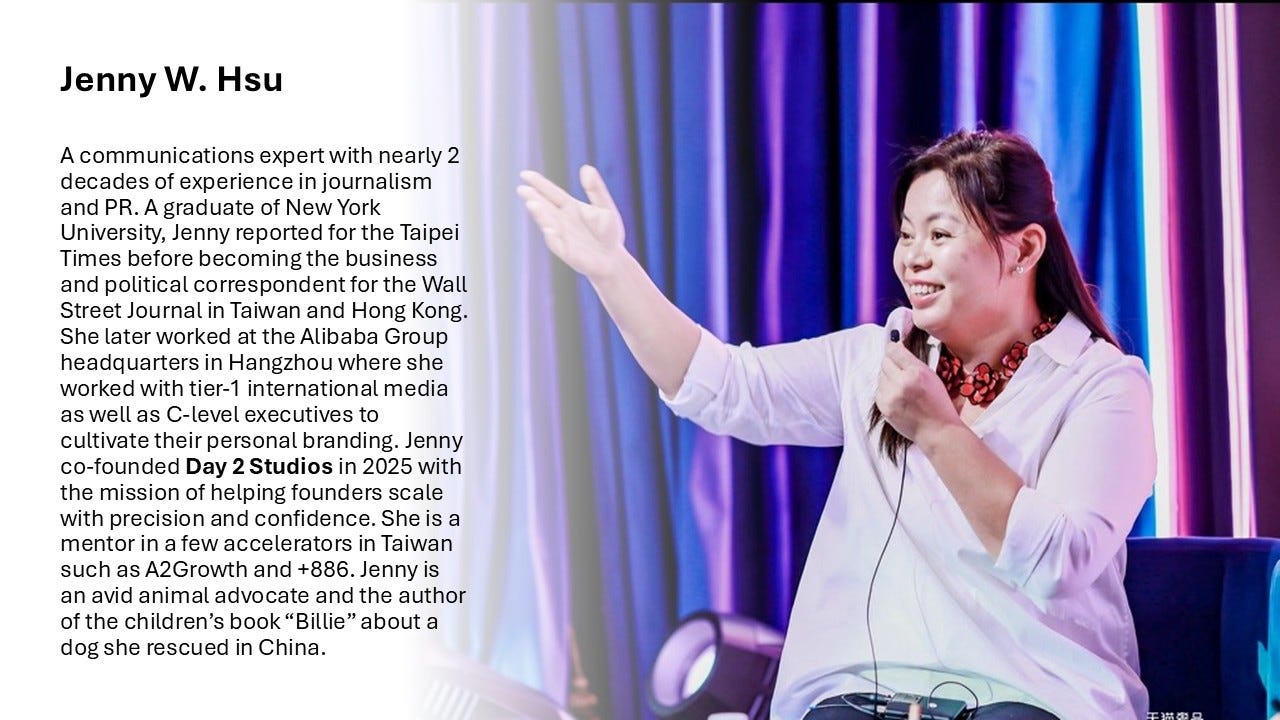Beyond the Deck #2: Why the Best C-Suite Leaders Feel Like Frauds
From Silicon Valley to Wall Street, high achievers quietly wrestle with feelings of fraudulence. Psychologists argue that self-doubt, harnessed well, is less a weakness than a leadership edge.
You’re an executive at a billion-dollar semiconductor company. Your division alone makes the chips that power half of the world’s appliances and cars. People lean on you. Hardly anyone second-guesses your judgment.
Yet every now and then, right before a board meeting, you hear the panic-laced inner whisper: “I don’t belong here. Any minute now, they’ll figure it out.”
If that sounds familiar, congratulations. You have imposter syndrome. And before you fire up ChatGPT to ask, “how to cure imposter syndrome,” give yourself some credit: it’s not a disease. In fact, it may be a sign you’re doing something right.
Common but Never Identical
In 1978, psychologists Pauline Clance and Suzanne Imes first described the “imposter phenomenon” while studying high-achieving women who, despite stellar records, dismissed their accomplishments as luck or timing. Since then, researchers have found it everywhere: medicine, academia, tech, law—and yes, the C-suite.
A systematic review of 62 studies in the Journal of General Internal Medicine found that anywhere from 9% to 82% of professionals experience imposter feelings, depending on the criteria. Stanford’s 2022 survey of 3,000 physicians reported one in four struggles with frequent or intense imposter syndrome, with women and early-career professionals hit hardest.
Gender shapes the flavor. Women often internalize doubt, attributing success to luck or allies. Men aren’t immune but tend to mask insecurity with overconfidence—what Stanford researchers call “overcorrecting by bravado.” Same fear, different costumes.
Culture matters too. In the West, where individualism is currency, imposter syndrome feels like a personal flaw. In Asia, where modesty and family obligations loom large, the fear often shifts: not “I don’t belong” but “I’ll let everyone down.” Both are exhausting; one is lonely, the other heavy.
The More Senior, the More Severe
And here’s the kicker: the higher you climb, the sharper the sting. Success doesn’t inoculate you; it isolates you. The corner office, the assistant, the curated itineraries—all perks that also filter out honest feedback. The inner critic, however, only gets louder.
Arthur Brooks, a Harvard social scientist, reframes it: imposter syndrome is not a sign of incompetence but of healthy humility. “Lean into imposter syndrome, don’t give in to it,” he urges. “The fact that you have the worry means you probably aren’t a phony; the true phony is convinced they’re not one.”
Psychotherapist Lori Gottlieb echoes this: “Most people secretly believe they’re frauds, and it’s that very belief that drives them to get better.” Doubt doesn’t vanish with success; it mutates. Harnessed properly, it sharpens vigilance, humility, and empathy—all hallmarks of great leadership.
What To Do When It Flares Up
So how do you turn the fraud police into fuel? Five practices, tested in research and boardrooms alike:
1. Name It. Neuroscience shows that labeling emotions reduces their sting. Quietly acknowledge: “This is imposter syndrome.” Naming separates feeling from fact.
2. Check the Evidence. When your brain insists you’re a fraud, cross-examine it. Pull up data, client feedback, or cases where your decision mattered. Hard evidence beats vague self-loathing.
3. Shift the Spotlight. Harvard research finds that leaders who pivot from “Do they like me?” to “How can I serve them?” reduce anxiety and command more presence. Service is the antidote to self-obsession.
4. Invest in Coaching. High-performance coaches don’t give pep talks; they hold you accountable for your mindset. Think of them as personal trainers for your mental game—reframing self-talk, instilling rituals, sharpening time discipline.
5. Normalize It With Peers. Talk to other executives. If they’re honest, many will admit they wrestle with the same doubts. Vulnerability doesn’t erode authority—it builds trust. Even Meryl Streep, with three Oscars, once admitted: “You think, why would anyone want to see me again in a movie? And yet, here I am.”
Leading Through Other People’s Doubt
As an executive, recognizing imposter syndrome in your team is just as crucial. It often shows up as perfectionism, reluctance to accept credit, or avoidance of high-visibility opportunities.
The worst response? Empty reassurance: “Don’t worry, you’re great.” The better one: specific feedback. Try, “Your framing clarified the whole client discussion.” Facts, not fluff.
And model it yourself. Share your own imposter moments. Organizational behavior expert Simon Sinek reminds us: “Leadership is not about being in charge. It’s about taking care of those in your charge.” Showing your team that doubt is part of growth gives them permission to rise rather than retreat.
As Brooks, Gottlieb, and Sinek all suggest, imposter syndrome isn’t a career-ending flaw. It’s the tuition you pay for growth. The goal isn’t to eliminate it but to metabolize it.
So the next time you feel like a fraud while staring down your quarterly earnings report, remember: the real frauds never feel like frauds. The rest of us—the doubters, the worriers, the what-if-they-find-me-out brigade—are just leaders doing the hard work of getting better.
And that whisper? It’s not your saboteur. It’s your coach.
About the author:
Jenny W. Hsu is the Head Creator of Day 2 Studios. Read her other works on TechSoda:
Beyond the Deck: Why a 2,000-Year-Old Greek Philosopher Is the Best Pitch Coach of All Time




